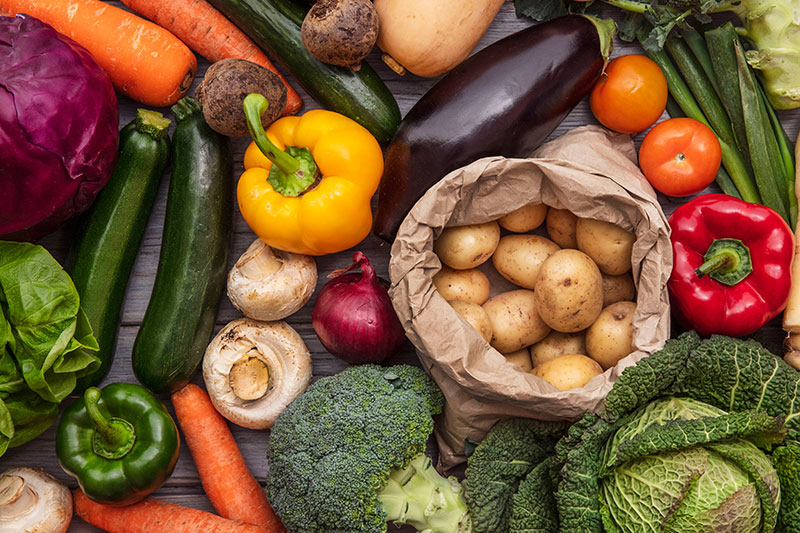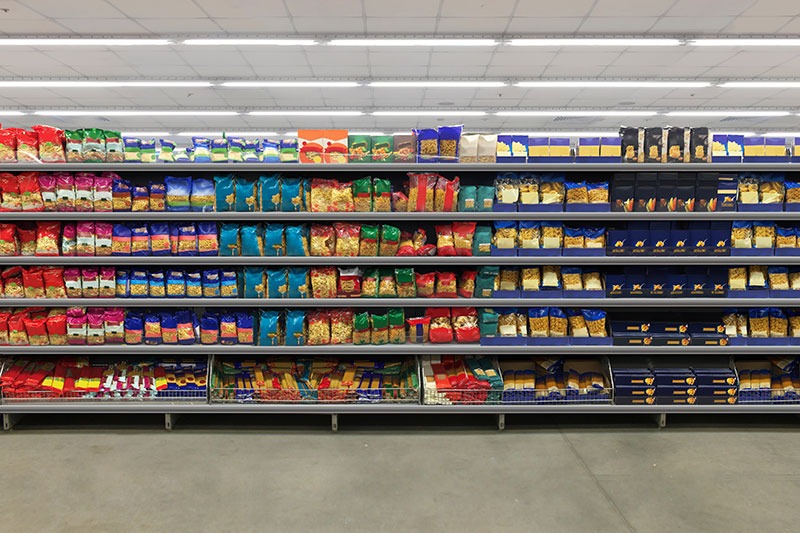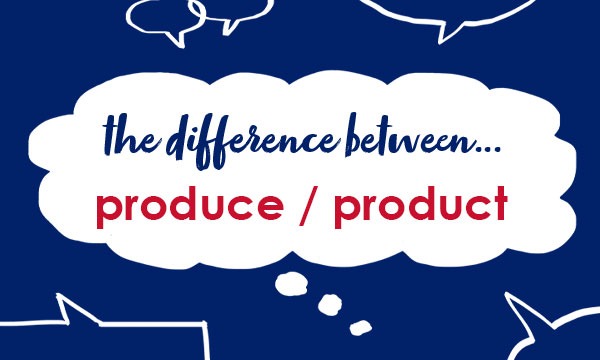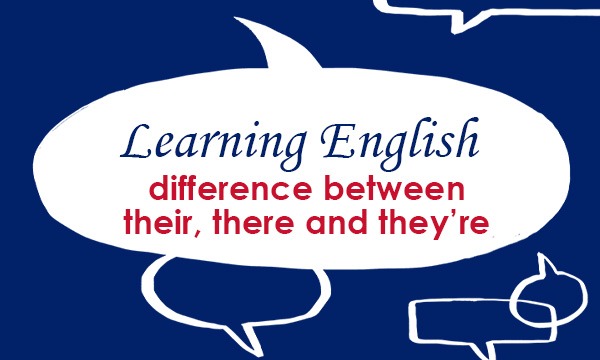This week we are looking at two words which may be confused by learners of English: produce and product.
produce

Produce is usually a verb, pronounced /prəˈdjuːs/.
To produce a result or effect means to cause it to happen.
His comments produced an angry response.
The talks failed to produce an agreement.
To produce goods or food means to make or grow them, usually to be sold.
The factory produces goods for export.
They use all the available land to produce crops.
Produce can also be used as a noun.
Food that is grown to be sold is called produce, pronounced /ˈprɒdjuːs/.
She has a market stall selling organic produce.
product

Goods that are made and sold in large quantities are called products.
Manufacturers spend huge sums of money advertising their products.
Try to get the best product at the lowest price.
Find out more in our English Usage article.
This blogpost is based on Collins COBUILD English Usage, written for learners of English. For more examples of English usage points, please visit: https://grammar.collinsdictionary.com/english-usage.
All opinions expressed on this blog are those of the individual writers, and do not necessarily reflect the opinions or policies of Collins, or its parent company, HarperCollins.



